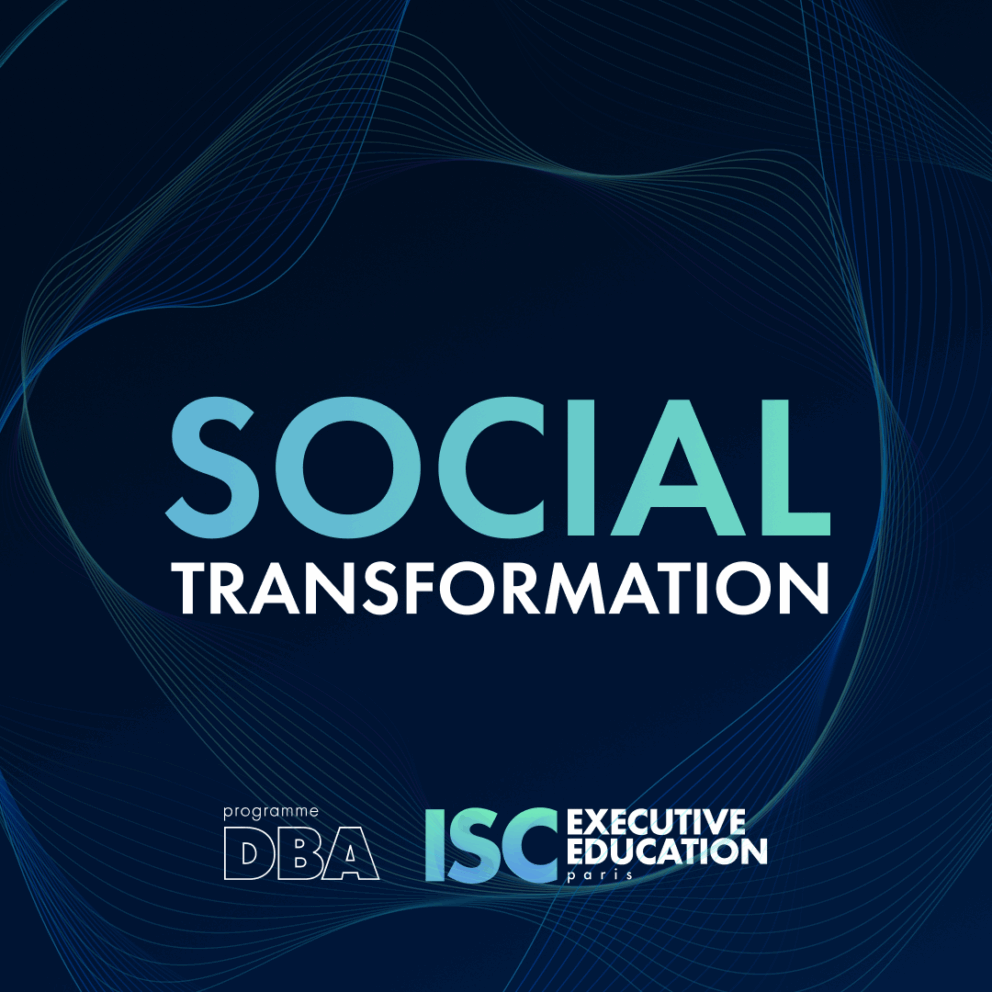In just a few years, relationships with work, engagement, consumption, and authority have changed rapidly. This evolution is neither linear nor uniform: it disrupts established landmarks, brings new risks, and redefines the responsibilities of economic actors.
It is no longer just a question of adapting; companies must now reorganize in response to a profound shift in societal expectations. These transformations require leaders to adopt a broader understanding of change and to reinvent the meaning of organizations.
A Context of Cultural and Social Disruptions
Since the pandemic, individuals’ expectations of institutions—companies, governments, universities—have profoundly evolved. Several dynamics converge:
- A strengthened need for meaning and impact.
71% of employees worldwide expect their employer to have a positive societal impact (Edelman Trust Barometer, 2023). This rises to 82% among 18-34 year-olds. The company is no longer seen simply as a place of production but as a platform for engagement and identity.
- Growing distrust toward traditional structures.
In over 20 countries, the majority believe institutions “no longer work for them” (Edelman Trust Barometer, 2023). This loss of legitimacy also affects companies, which must now build authority differently: through transparency, contribution, and listening.
- A reinvention of the relationship to work.
The rise of remote work, demands for work-life balance, and criticism of presenteeism or top-down management have become constants. According to McKinsey, 40% of managers consider leaving their jobs if their employer does not offer more flexible arrangements (McKinsey, 2024).
- Strong pressure on climate, social, and ethical issues.
93% of consumers expect brands to take a stance on major societal issues (Accenture, 2023). Neutrality is no longer an option.
- Growing Expectations Around Inclusion
83% of employees believe that diversity and inclusion should be an integral part of a company’s strategy. Furthermore, 41% of recent graduates say they refuse to apply to organizations that lack a clear policy on the matter (Global Diversity, Equity & Inclusion Survey, 2023). In parallel, 76% of consumers report being ready to boycott a brand perceived as non-inclusive or discriminatory (Deloitte, Consumer Signals, 2023).
- A Work-Life Balance Increasingly Valued
43% of young professionals consider free time for personal life as a fundamental element in defining their ideal job. Moreover, 86% of young people see employee well-being as a key indicator of corporate performance (ISC Paris & BVA Xsight Barometer, “Happiness at Work According to Youth,” 2025).
These trends outline a new reality: expectations are no longer only functional or economic but cultural, social, and political. Companies must navigate a more aware, demanding, and critical society.
What This Means for Organizations
These societal changes are not “soft” issues; they profoundly redefine conditions for competitiveness, attractiveness, and performance:
- Performance is no longer just about profitability.
Investors, themselves under regulatory and societal pressure, are shifting their criteria. ESG (environment, social, governance) is becoming a strategic norm. For example, BlackRock now requires companies to clearly align with the Sustainable Development Goals (SDGs).
- Leadership must integrate new dimensions.
Leaders are no longer just managers or strategists. They become mediators, guarantors of meaning, and drivers of collective engagement. This demands new skills: listening, ethical courage, political insight. It is a change of posture.
- The social contract within companies must be renegotiated.
Salary expectations are no longer enough. Employees seek respect, recognition, freedom, and coherence. This requires more horizontal governance, renewed social dialogue, and a corporate culture based on trust.
- Responsibility becomes systemic.
Companies are increasingly judged not only on what they do but on what they enable or prevent. This includes impact on mental health, carbon footprint, role in education, and place in communities. Responsibility extends beyond legal frameworks to become broadly political.
Toward a New Contract Between Society and Business
This societal evolution is not a passing trend: it redefines the playing field. Sociologist Bruno Latour already noted in 2020 the need to “come back down to Earth”: to move beyond abstract performance logics and reconnect with concrete attachments — environment, human ties, ethics of responsibility.
Companies are now called to be accountable not only to shareholders but to all stakeholders: employees, customers, communities, territories, and future generations.
This is a fundamental shift — and also an opportunity: to restore meaning to the entrepreneurial project, to reinvent organizational forms more coherent with the challenges of the century, and to reconcile strategy with conscience.
To sum up
In this context of accelerated societal transformation, leadership must reinvent itself. It is no longer enough to drive growth or optimize margins: leaders must question purposes, combine strategy and ethics, and deeply understand collective expectations.
This requires increasing complexity in knowledge and responsibilities. A demanding reflection at the crossroads of critical analysis, social sciences, law, and governance.
This is precisely what the ISC Paris DBA “Transformation in a Complex World” delivers : stepping back, structuring solid thinking, and illuminating action through research. An increasingly relevant path for experienced executives who want to combine impact and insight in a changing world.

